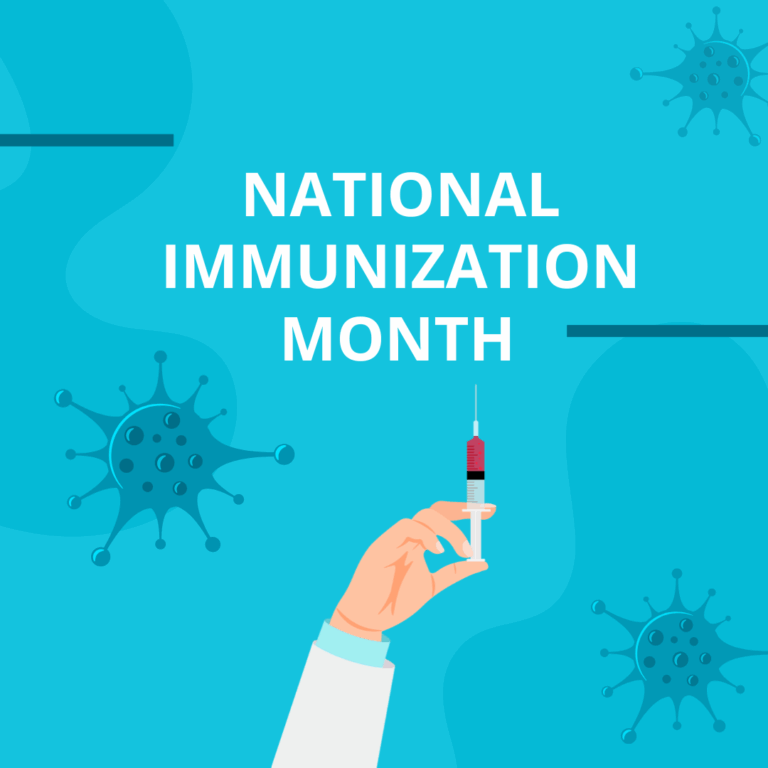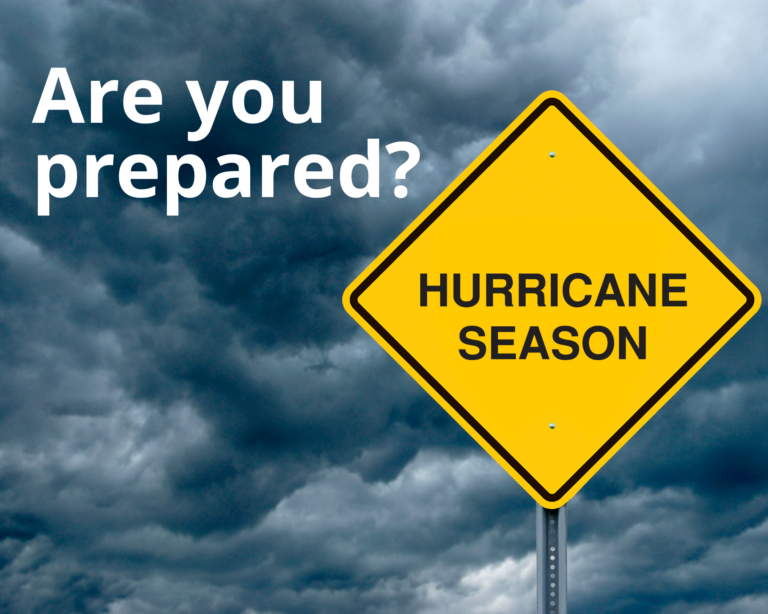As our loved ones age, planning for the future becomes increasingly important. One key aspect of this planning is understanding and securing a Power of Attorney (POA). For caregivers of aging parents or loved ones, a POA can provide the legal authority to make critical decisions on their behalf, ensuring their well-being and safeguarding their interests.
But what exactly is a Power of Attorney, why do you need it, and what are the risks if you don’t have it in place? This article will explore these questions to help you navigate the complexities of caregiving with confidence and peace of mind.
What is Power of Attorney?

A Power of Attorney (POA) is a legal document that grants one person (the “agent” or “attorney-in-fact”) the authority to act on behalf of another person (the “principal”). The authority given can range from handling financial transactions and making medical decisions to managing everyday affairs. There are different types of POA, including:
- General Power of Attorney: Provides broad powers to the agent to manage the principal’s affairs.
- Special or Limited Power of Attorney: Grants authority only for specific tasks or situations, such as selling a property or handling specific financial transactions.
- Durable Power of Attorney: Remains in effect even if the principal becomes incapacitated, making it particularly relevant for aging parents or loved ones.
- Medical Power of Attorney: Specifically authorizes the agent to make healthcare decisions if the principal is unable to do so.
Why Do You Need a Power of Attorney?
A POA is essential for several reasons:
- Ensures Continuity of Care: As a caregiver, having a POA allows you to make timely decisions regarding your loved one’s health, finances, and living arrangements without legal obstacles.
- Avoids Guardianship Proceedings: If your loved one becomes incapacitated without a POA, the family may need to go through a court process to appoint a guardian. This can be lengthy, expensive, and stressful, adding to an already challenging time.
- Protects Financial and Legal Interests: With a POA, you can manage your loved one’s financial affairs, such as paying bills, managing investments, and filing taxes, ensuring their financial stability is maintained.
- Facilitates Emergency Decisions: In emergencies, such as sudden health deterioration, a Medical Power of Attorney enables quick decision-making in line with your loved one’s wishes.
How and when is a Power of Attorney Invoked?
A POA is invoked based on the terms set forth in the document itself. Here’s a general guide:
- Immediate Power of Attorney: Becomes effective as soon as the document is signed. This is often used when the principal still has the capacity but wants the agent to start handling specific affairs immediately.
- Springing Power of Attorney: Only becomes effective under certain conditions, typically when the principal becomes incapacitated or unable to make decisions. This type requires proof, such as a letter from a physician, confirming the principal’s incapacity.
The agent’s responsibilities continue until the POA is revoked, the principal passes away, or a court rules that the POA is invalid.
What Happens If You Don’t Have a Power of Attorney?
If a Power of Attorney is not in place, several challenges may arise:
- Legal Delays: Without a POA, family members may need to petition the court for guardianship or conservatorship to make decisions on behalf of their loved one. This process is often lengthy and costly, causing delays in critical care decisions.
- Financial Risks: If there is no one authorized to access bank accounts, manage investments, or pay bills, your loved one’s financial situation could quickly deteriorate. This can result in unpaid bills, missed medical payments, or even exploitation by third parties.
- Healthcare Dilemmas: In the absence of a Medical Power of Attorney, healthcare providers may be forced to make critical decisions without guidance from family members, potentially going against the loved one’s wishes.
- Family Disputes: Without a clear legal directive, disagreements among family members about what should be done can lead to conflicts, which can be emotionally and financially draining.
Risks of Not Having a Power of Attorney Set Up
Failing to set up a POA exposes your loved ones to several risks:
- Loss of Autonomy: If your loved one becomes incapacitated, decisions about their care, finances, and living arrangements may fall into the hands of the court or strangers, rather than a trusted family member or friend.
- Emotional and Financial Strain: Navigating legal processes without a POA can be stressful and costly, placing an unnecessary burden on family members during an already challenging time.
- Vulnerability to Abuse: Without a designated agent, the risk of financial exploitation, fraud, or other forms of abuse increases, especially if your loved one cannot protect themselves.
Establishing a Power of Attorney is a critical step for caregivers of aging parents or loved ones. By understanding what a POA is, caregivers can take proactive steps to secure their loved one’s future and provide peace of mind for everyone involved.
If you’re unsure where to start or need help navigating this process, Senior Living Specialists Houston can guide you through the complexities of planning for your loved one’s care. Contact us today to learn more about your options and ensure your loved one’s needs are met with compassion and expertise.









